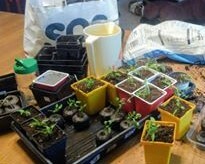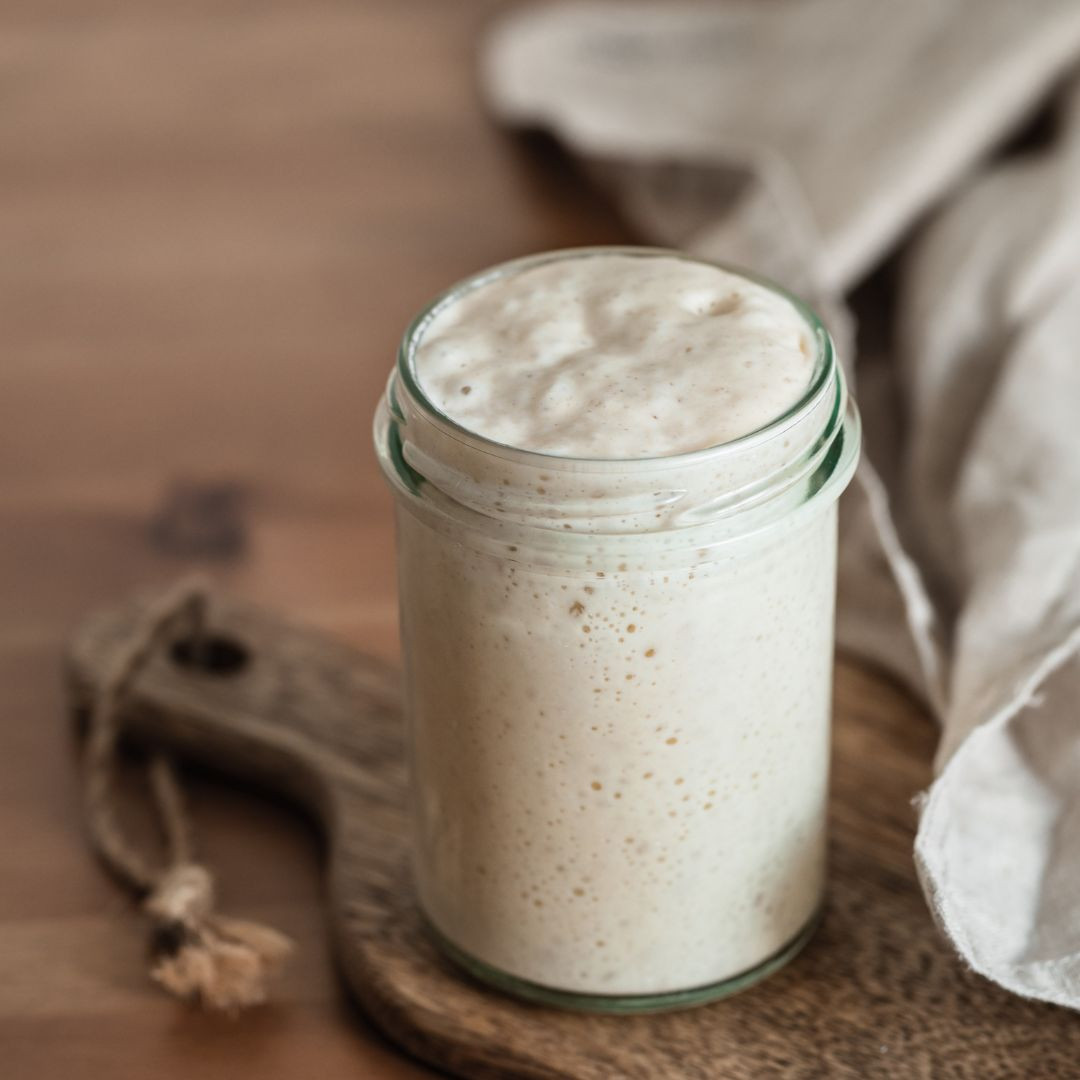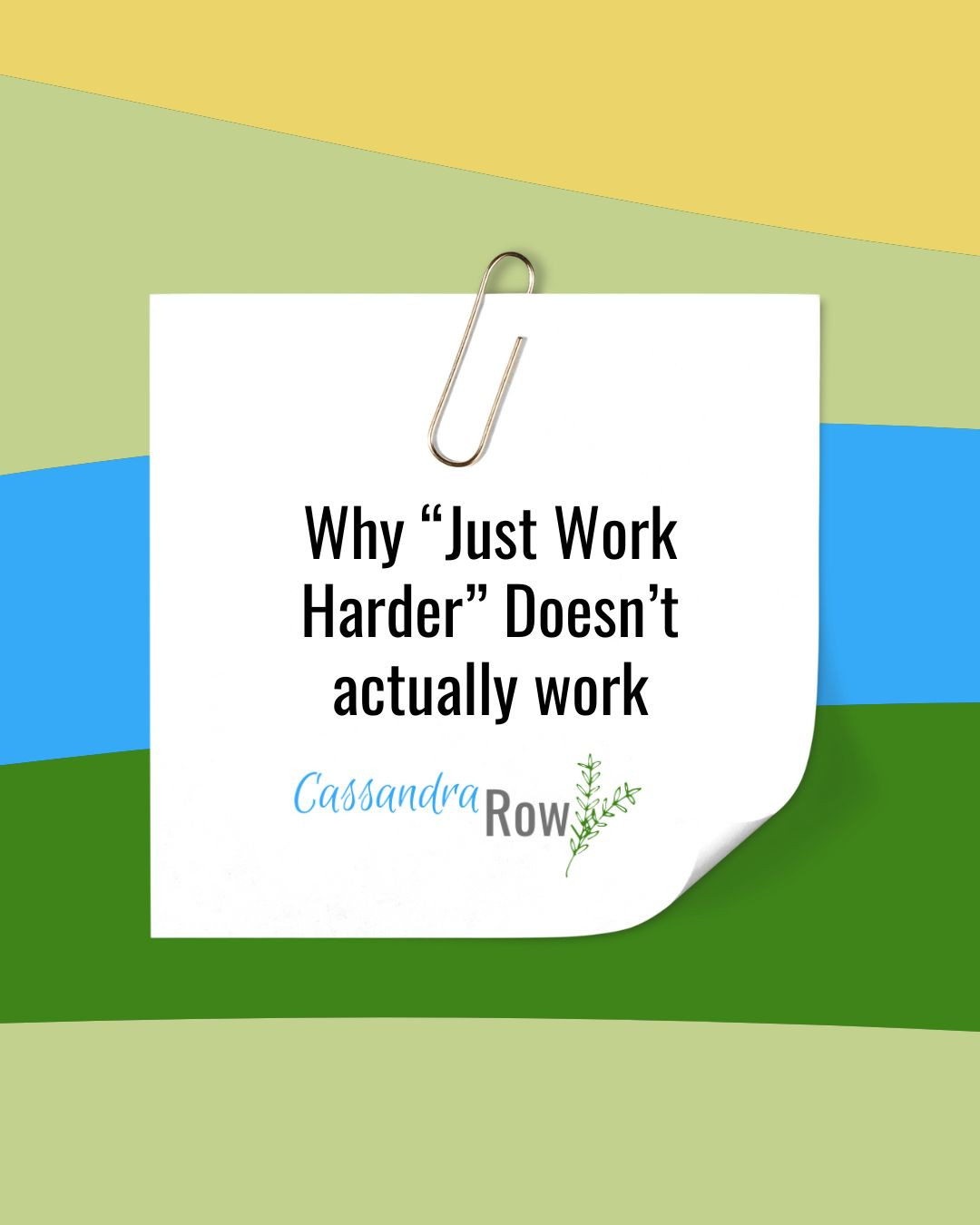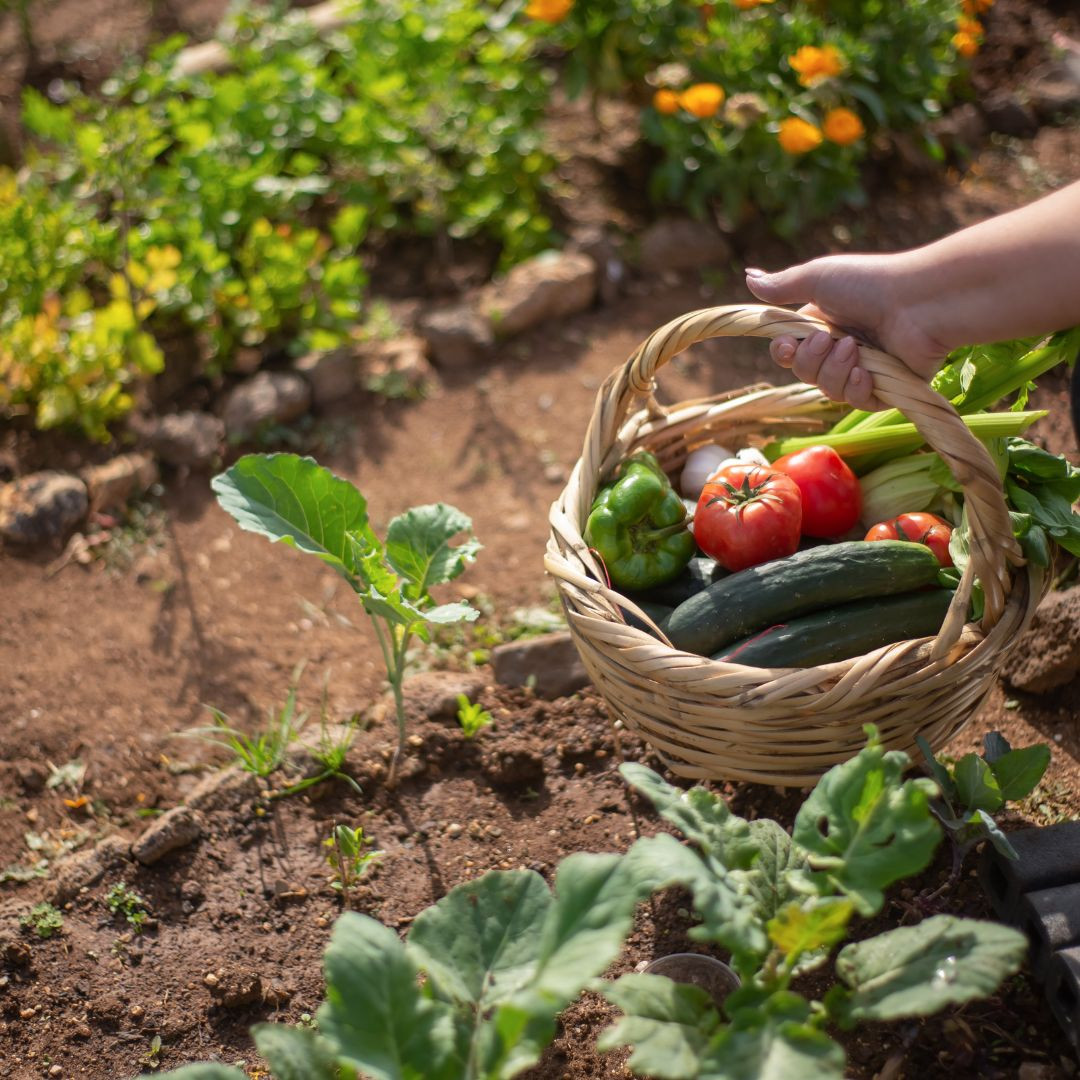
This post may contain affiliate links, which means that I may receive a commission if you make a purchase using these links, with NO additional cost to you.
Chickens, they call them the entry point to homesteading and for good reason! They are by far the easiest livestock to raise and can be done almost anywhere (yes even in town). But are you saving money by raising your own chickens? Either for eggs or meat really? This goes for any poultry, chickens, ducks, guineas, turkeys, geese, or any other feathered livestock.
In general, you want to evaluate your costs vs potential profits. Yes, I say potential, because you’re probably eating the eggs or meat that comes from your birds. There is this economic term called opportunity cost. Basically, it’s the cost of what else could be done with that item. Take eggs for example. You eat a dozen eggs. The opportunity cost is what you could have sold those eggs for.
When evaluating your cost also consider the useful life of those purchases. For instance, a waterer will last 3-5 years, but you will assume that the cost is up front.
Typical expenses that you will use for several years, include waterers, feeders, coop, and birds. Laying hens will peak their production in year two, and average living 2-4 years. Some sources say they can live up to 10 years.
Reoccurring expenses are expenses you must continue to buy no matter what. These include feed, water if you must pay for it, and bedding. On average a hen will eat ¼ pound per day.
Now the fun and slightly harder part, income. For laying hens, the easy one is eggs. You can google how many eggs your specific breed will lay in a year. High producing hens will lay up to 250 eggs a year.
Then you have the salvage value of the hen when she is done laying. As brutal as it sounds, a hen’s final value she can give is her meat to nourish your family with a delightful chicken soup.
The harder income points to nail down include the fertilizer they produce (make sure you compost for at least 6 months to not burn your garden plants). Another potential income is chicks if you have roosters and a broody hen. You could credit the cost of an incubator and chicks to her. Keep in mind, not all hens will go broody and raise chicks.
Tillage labor is another hard one to pin down. I let my flock turn my compost pile for me. Factoring in the labor time you would/should spend turning the pile and crediting it to your hens.
Bug control is an excellent benefit for free ranging hens or hens in a portable coop. But again, it is hard to put a price on. It might be best to look at the opportunity cost of what you would have to spend to control the bugs chemically.
Here’s an outline for you to fill in.
Expense | Income | |||||
One time | Cost | Life span | Per Year cost | |||
Birds | 5 | |||||
Coop | 20 | |||||
Waterer | 5 | |||||
Feeder | 5 | |||||
Cleaning supplies | 5 | |||||
Yearly | ||||||
Feed | 1 | Eggs (per dozen) | ||||
Bedding | 1 | Salvage | ||||
Tillage | ||||||
Additional w/growth | Bug Control | |||||
Birds | 5 | Chicks | ||||
Incubation | ||||||
Total | ||||||
Now, don’t get me wrong, now that you’ve run the numbers and know if your chickens are making you money or eating it, I will always take a farm fresh egg over a store-bought egg any day. They taste so much better!
As I've grown in my journey as an entrepreneur, mom, gardener, and livestock owner, I struggled to find a planner that met my needs and kept me organized. So, I MADE MY OWN. You can look at it on the link below and buy it on amazon below.
Don't want the whole calendar part? I got you! I pulled the gardening and animal care pages out and put them in a book all their own.
Wanting a community to lean into? Join the FREE Helping Your Family Homestead for Food group! This community is for the Mommas, looking to stay home and raise their kids, but unsure how to keep everyone fed and make ends meet. I share tips from my journey from the office to half the income and feeding my family from home, while maintaining good nourishing food. Tips include gardening, bulk buying, caning/preserving, livestock, homesteading, and home remedies. Your family is precious, and this group is to help you gain the knowledge and tools to keep your family well and not reliant on outside professionals. Remedies and tips are easy and simple for the busy momma, time is precious after all, including pregnancy, birth, young kids, and illness. Trust your Momma gut again! This community offers the resources + community you need to help get started on your journey and prepare for whatever future you envision.
Starting to garden doesn't have to be hard! I gathered all the tips I've learned over my gardening learning curve and made them into a simple course to jump start your gardening your life.
Supporting Your Family Naturally from the Inside Out community!! This community is for Mommas, looking to Support Your Family from Nature for Wellness. Tips range from nutrition, herbals, detoxing, natural cleaning, and essential oils. Basically, all the things I’ve learned slowly over the past 5+ years of my journey. We have moved off Facebook, to better serve our community and be able to discuss openly options for providing for your family in the best way possible.
Join the FREE Community
Join the FREE Community
I've had 3 very different pregnancies. After the first traumatic birth, I learned better and how to care for my body naturally and prevent common pregnancy and birth problems before they arise. This quick course will get you the tools you need to have a naturally healthy pregnancy, labor, and delivery. My first pregnancy I had a normal western medicine all the things pregnancy. My second? I flipped to completely natural, no medicine. Bonus: Preventing Preeclampsia Without the Aspirin & Healing from Birth Trauma
Click here to get the stories straight to your email:
For more on wellness tips click here:
For more on homesteading on your budget click here:
For more simple DIY updates click here:















0 Comments